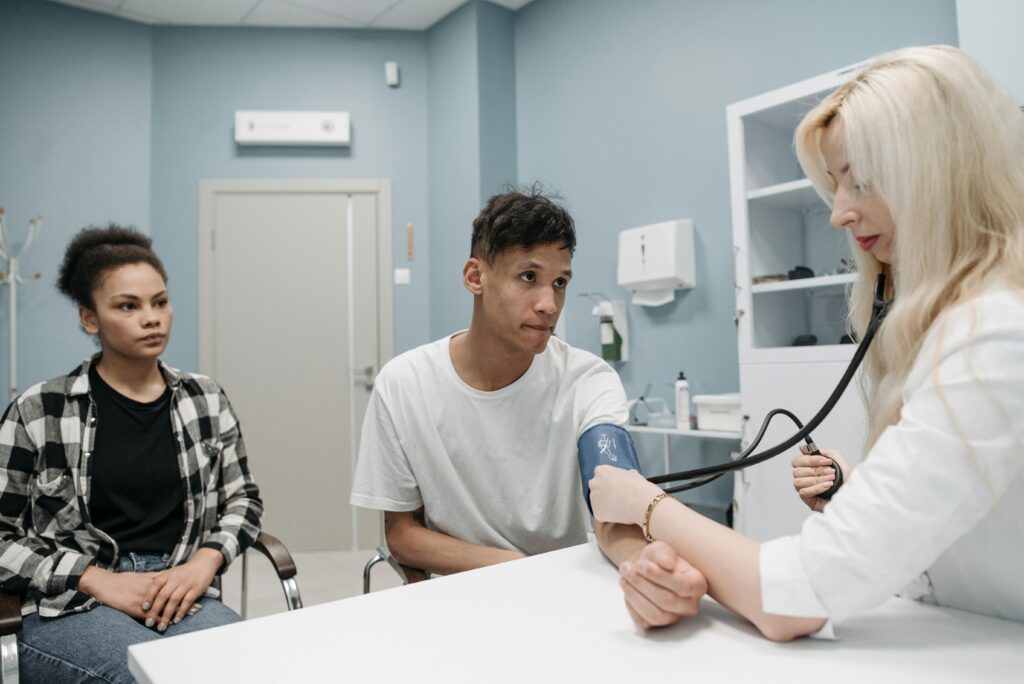| Dear friends,
Six years ago, I wrote a book titled The Upstream Doctors. At the time, few of us in healthcare were engaged in efforts to look upstream, to tackle sickness at its source.
Times, since then, have changed.
In a few days, I’ll have the opportunity to address America’s Physician Groups, a network representing hundreds of US medical groups moving into value-based care delivery. The topic? The social determinants of health.
Now more than ever, physicians understand that the accumulated research on social determinants of health is definitive. The social and environmental conditions that shape where and how we live, eat, sleep, learn, and work also play a major role in shaping health outcomes —from the burden and distribution of disease to how long we live.
And as our collective understanding of social determinants of health has grown, so has our understanding as to what working in this space actually entails, for physicians and for us all.
We know that communicating with precision is critical. For example, when many healthcare leaders these days use the term “social determinants of health,” they are often referring to what may be better defined as “health-related social needs” or better yet, “social needs” — the ways in which the broader phenomena of social determinants of health and equity manifest in the lives of individual patients. We’re learning that physicians have a key role to play in clinics and communities, whether helping to address social needs for specific patients or social determinants of health for the nation. And it starts with clearer communication.
Beyond just using more precise language, physician groups and other healthcare organizations are learning to apply more rigor as they start the journey upstream. From assessing internal capabilities and developing screening and referral workflows to refining strategies for data collection and setting partner roles and expectations, the domains of work are more clear now than ever before.
We’ve begun to convert these early learnings into rigorous frameworks and tools. In our upcoming April webinar, for instance, we’ll be diving into our “Levels of Social Determinants of Health (SDH) Integration Framework.” Developed with input from leaders around the country, this “Rosetta Stone” framework helps healthcare and human service partners think more clearly about their SDH work not as a single effort but as a spectrum of work, with basic service coordination on one end to full integration of services on the other.
And, as the strongest sign of where we are, we’re seeing vanguard organizations leverage their performance improvement experience and resources to launch cross-sector “Upstream Quality Improvement Campaigns.” With support from HealthBegins and our partners, healthcare and community partners across the country are using the knowledge of social determinants and the power of continuous learning and improvement methods to transform their approach to individual care and community health.
Questions remain, of course, particularly those related to the alignment of internal organizational priorities with broader community goals. But the good news is that across the country, the shift is noticeable.
Six years ago, I profiled a handful of vanguard clinicians who illustrated why moving upstream to improve care and social determinants of health was critically necessary. Now, with America’s Physician Groups joining in, a broad swath of healthcare stakeholders are beginning to engage public health and social sector partners, eager to show us that moving upstream is not only necessary, but that it’s possible.
Best,

Rishi Manchanda
|









